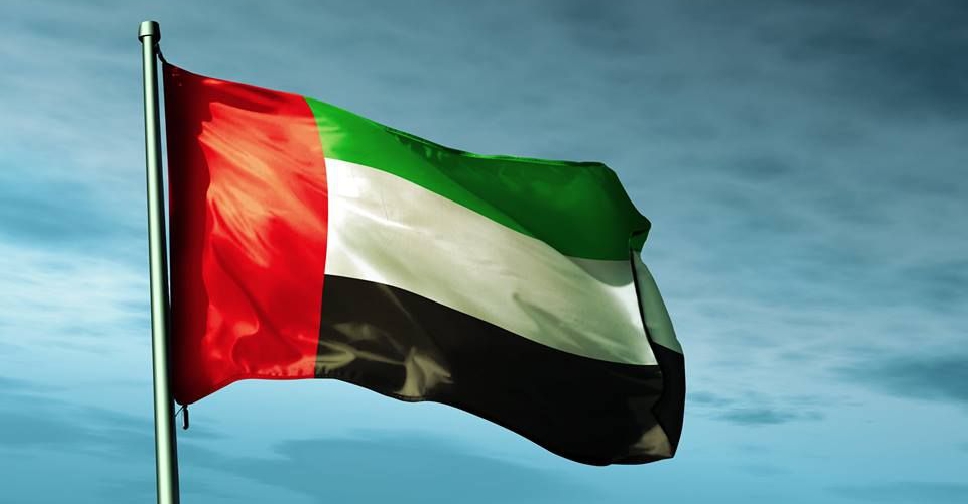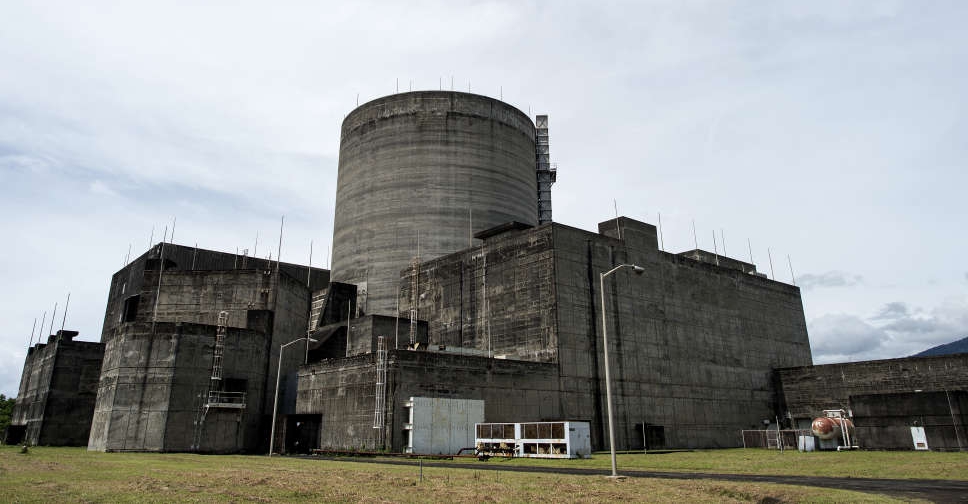
Philippine President Rodrigo Duterte has signed an executive order to include nuclear power in the country's energy mix, as authorities prepare for the phasing out of coal-fired power plants and after earlier efforts failed due to safety concerns.
The February 28 order, made public on Thursday, could be a major milestone for an economy that suffers seasonal power outages and high electricity prices but will concern opponents of the move.
Signed three months before Duterte ends his single six-year term, the order also directs an inter-agency panel to look into reopening the mothballed Bataan Nuclear Power Plant (BNPP).
"The national government commits to the introduction of nuclear power energy into the state's energy mix," it stated.
Energy Secretary Alfonso Cusi has backed nuclear power and said it could help alleviate supply issues and high costs.
Duterte said nuclear power would be tapped as a viable alternative baseload power source as the Philippines seeks to retire coal plants to help meet climate goals.
Previous attempts to pursue nuclear energy in the Philippines were halted over safety concerns, but the new plan is anchored to a proposal to revive BNPP, built in response to an energy crisis during the rule of the dictator Ferdinand Marcos.
Completed in 1984, the plant was mothballed two years later following Marcos' ouster and the deadly Chernobyl nuclear disaster.
Since 2009, BNPP has operated as a tourist attraction, helping defray the cost of maintaining it.
"The Duterte administration is about to leave a tarred legacy and is setting us up for another horror story like Chernobyl and Fukushima," Greenpeace campaigner Khevin Yu said, referring to the world's worst nuclear disasters.
Energy Undersecretary Gerardo Erguiza Jr said a regulatory framework for nuclear power still required legislation and its future also hinged on the agenda of the next administration.
The late dictator's son, Ferdinand Marcos Jr, who is the front-runner in the May presidential election, has said he plans to "revisit" the BNPP project, local media has reported.




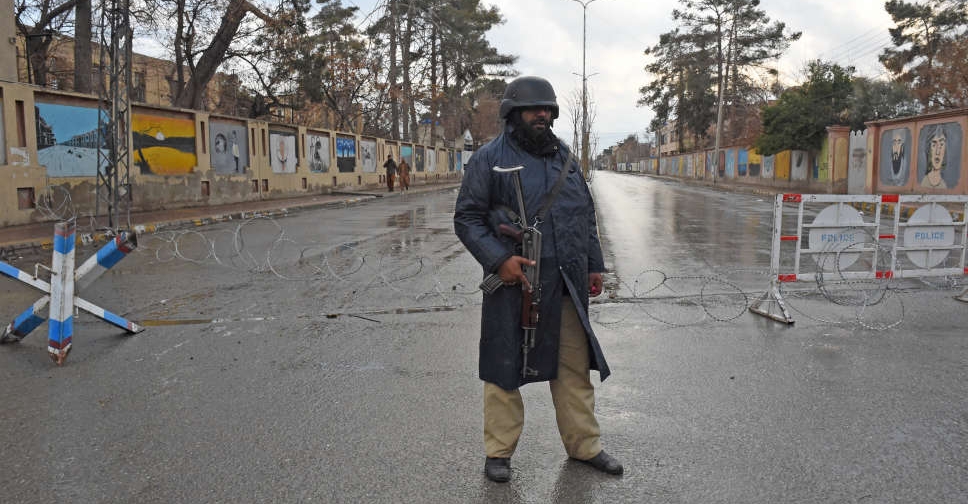 Pakistan says 92 militants killed after attacks in Balochistan
Pakistan says 92 militants killed after attacks in Balochistan
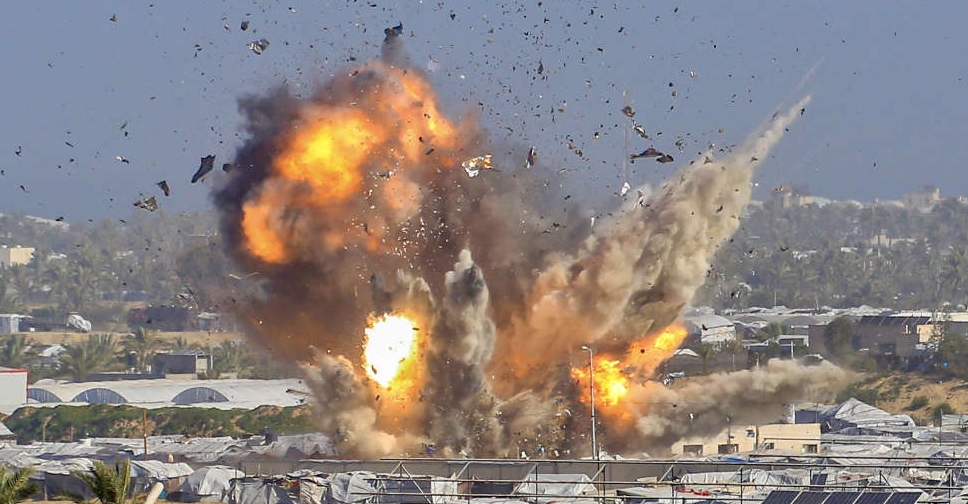 Israeli strikes kill 26 in Gaza, health officials say
Israeli strikes kill 26 in Gaza, health officials say
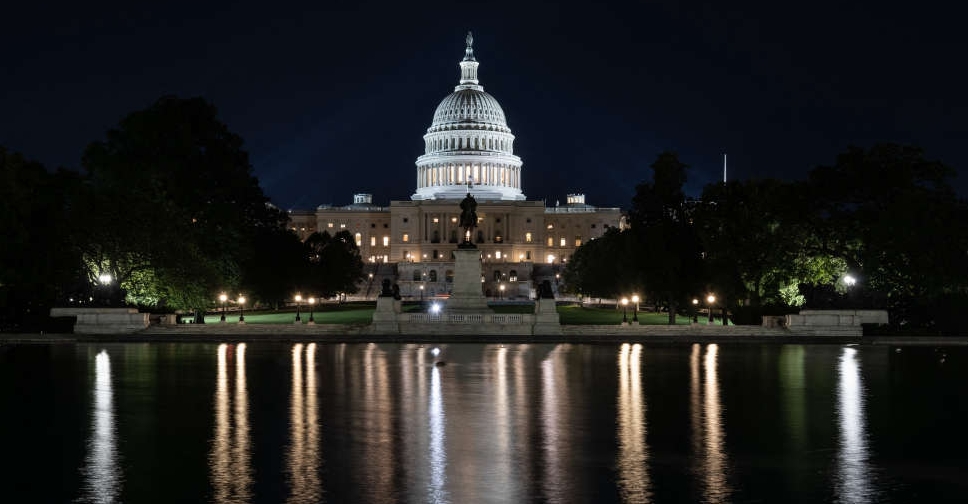 US government starts likely brief shutdown as House fails to approve deal
US government starts likely brief shutdown as House fails to approve deal
 Thousands demonstrate in Minnesota and across US to protest ICE
Thousands demonstrate in Minnesota and across US to protest ICE

